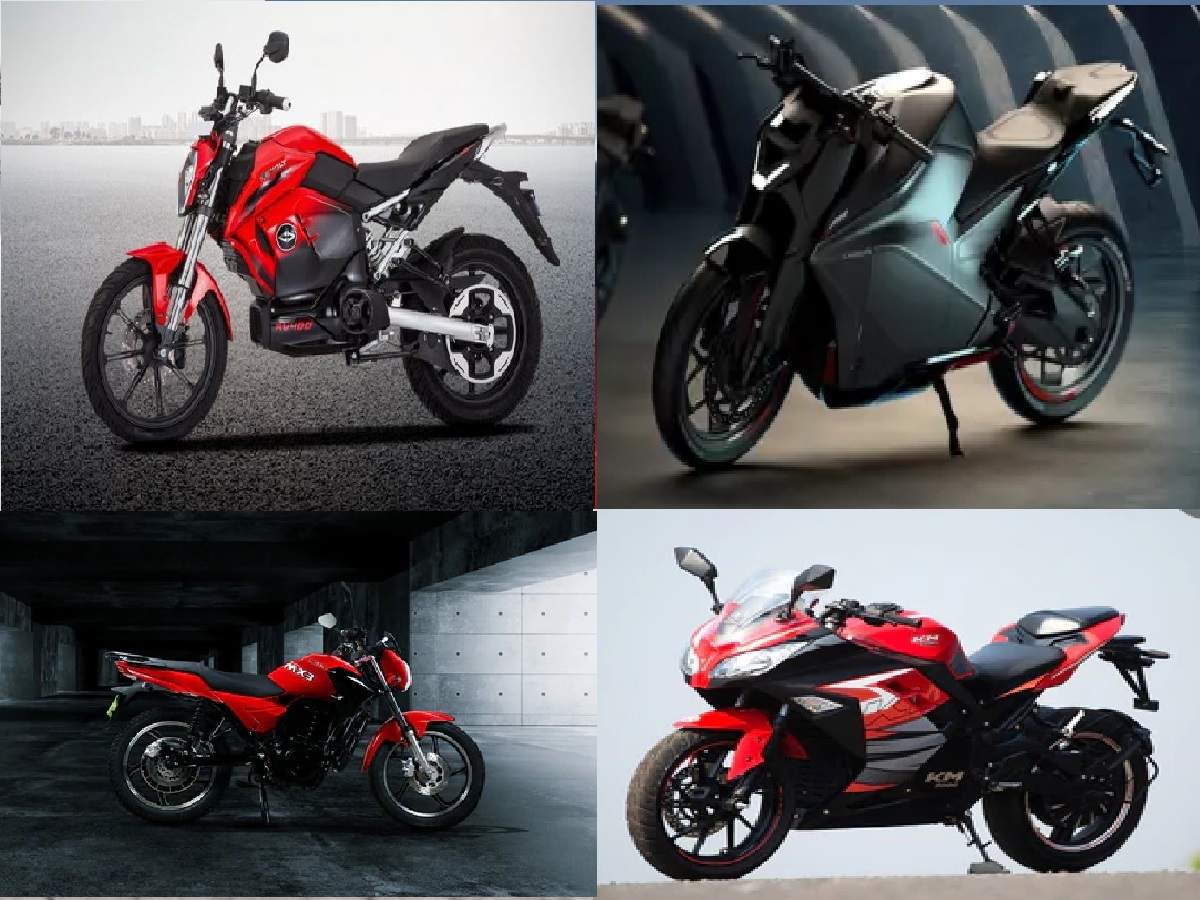Latest News
Powering Up: India’s Thriving Electric Vehicles Market and its Implications for Sustainable Transportation

The India electric vehicles (EV) market has seen significant growth in recent years, with the government’s focus on promoting sustainable transportation and reducing the country’s dependence on oil imports. According to a report by PMR, the Indian EV market is projected to reach at a CAGR of 77% during the forecast period.
India is the world’s fifth-largest automobile market, and the government has set an ambitious target of achieving 30% electric vehicle penetration by 2030. The government has implemented several initiatives and incentives to promote EV adoption, including tax incentives, subsidies, and investment in charging infrastructure. For instance, the Faster Adoption and Manufacturing of Electric Vehicles (FAME) program was launched in 2015 to promote the adoption of EVs in India.
The growth of the EV market in India is also driven by rising concerns about air pollution, which is a major health and environmental problem in the country. EVs produce no emissions, which makes them a more sustainable and eco-friendly mode of transportation than traditional gasoline-powered vehicles.
The two-wheeler segment dominates the Indian EV market, accounting for more than 80% of total EV sales in the country. E-bikes and electric scooters are popular in urban areas, where they are used for short trips and last-mile connectivity. The three-wheeler segment is also growing rapidly, with electric auto-rickshaws becoming increasingly popular in cities.
Request For The Sample Copy of The Report @ https://www.persistencemarketresearch.com/samples/20800
The passenger car segment is still in its nascent stage in India, but several automakers have started introducing electric cars in the country. Major automakers such as Mahindra & Mahindra, Tata Motors, and Hyundai have already launched electric cars in India, and more are expected to follow in the coming years.
However, the growth of the Indian EV market also faces several challenges. One of the major challenges is the lack of charging infrastructure, particularly in rural areas. The cost of EVs is also relatively high compared to traditional gasoline-powered vehicles, which can be a barrier to adoption for some consumers.
Despite these challenges, the future of the Indian EV market looks promising, with increasing government support and rising consumer awareness about the benefits of sustainable transportation. As the market continues to evolve and mature, it has the potential to transform the transportation industry in India and create a more sustainable future for the country.





















